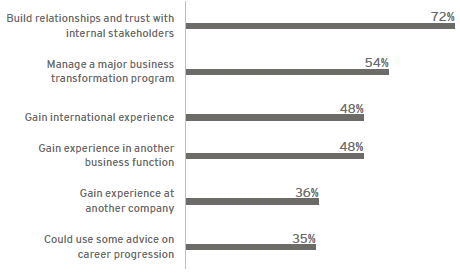The Four “I”s of a CIO
How would you describe the responsibilities of a CIO? Your first answer will probably be “Chief Information Officer” aka someone who leads the department that is responsible for managing, securing and maintaining their organisation’s computers and servers. But let’s think about the current concerns of the CIO….”how can I empower collaboration across my organisation’s departments to ensure we are agile and market leaders”, “how can I increase the productivity of each and every employee, including anytime, anywhere access to job role tools and information” or “how do I drive business efficiency whilst delivering current and future business revenue and growth”?
Are we asking too much of CIOs?
The questions above are an example of how the CIO’s current function has a direct impact on the different pillars of a Company. Following this idea… “Are we asking too much of our CIO?” This question is Terry Griffith’s starting point for an interesting post focused on the increase of responsibilities required for the CIO role. The next generation of CIO's will need to cover the four “I”s, a Ray Wang’s enlightening classification.
- Chief "Infrastructure" Officer: "Keeping the lights on" and managing existing systems.
- Chief "Integration" Officer: Bringing together internal and external data and systems.
- Chief "Intelligence" Officer: Fostering business intelligence and getting the right data to the right people.
- Chief "Innovation" Officer: Looking for disruptive technologies to drive innovation.
The Company’s strategy will define the route of a CIO, determining the role across these 4 new functions or being a combination of all of them, in order to define the individual required who perfectly fits with the Business goals.
“This is more than a shuffling of responsibilities. Work towards a meaningful redesign that will carry you through the decade”, says Griffit.
The required attributes of a CIO
“In the past, it used to be enough to be just the techie guy. Today, you need to be a good business consultant to the CEO, the COO and even the CFO.” Jorg Wahlers, CFO – Villeroy&Bosch"
Ernst & Young ran a survey with 301 senior IT professionals, including in-depth interviews with a further 25 CIOs from Europe. They were asked about the “attributes that they strongly believe were needed to get them where they are today”
The trends appear to be far from typical technical capacities, instead CIOs must focus on business transformation and management.
We would love to hear your thoughts on this post and which of the 4 “CIO” definitions you think is most important to your organisation.
